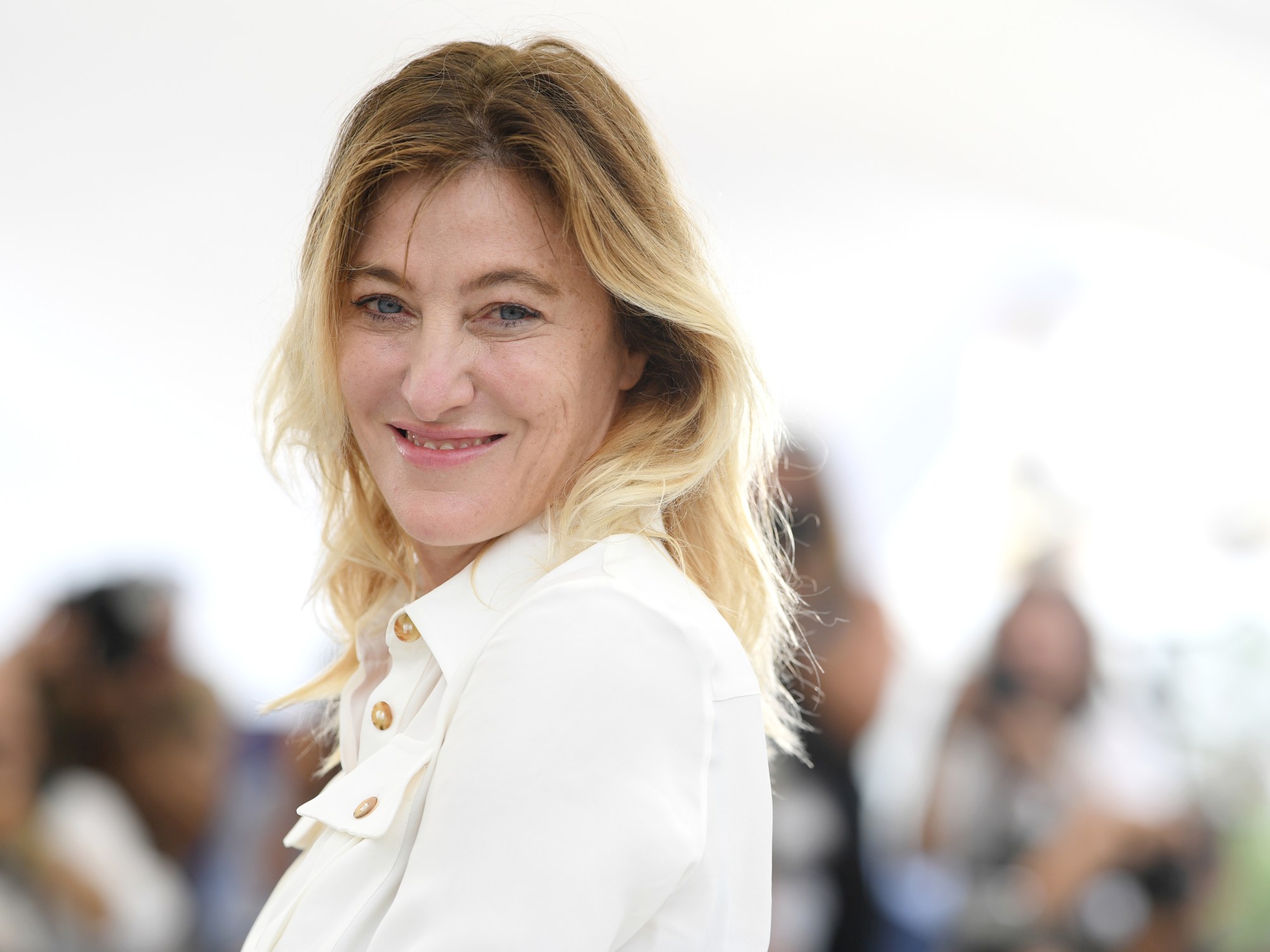
- Festivals
Valeria Bruni Tedeschi on “Forever Young”
Italian French actress-director Valeria Bruni Tedeschi takes us back to the 80s in her fifth offering, Forever Young, as she shines a light on the legendary director Patrice Chéreau, who founded the acting school Theatre Nanterre-Amandiers located just outside of Paris.
Through Tedeschi’s lens, we watch Chéreau’s unorthodox attempts at eliciting various emotions from his students. Eager for praise and validation, they are willing to go to extreme measures to please him and find a place in his rarefied world. There’s also a love story between two of his students, a naive young woman, Stella (Nadia Tereszkiewicz), who falls for the classic bad boy, Etienne (Sofiane Bennacer).
For the Tedeschi, a former Amandiers student herself, Forever Young is a personal movie. At the official Cannes Film Festival press conference, she recalls how the idea for the film came about, “It was a friend of mine, a director, who said to me, ‘You should make a film about that theater school.’ And then, one day, I wasn’t feeling that well. Sometimes, when you’re not feeling that well, things seem very, very real and true. I was in the middle of a gay pride parade and talked to [screenwriter] Noémie Lvovsky. It felt that this was an obvious idea, one that, somehow, hadn’t occurred to me before.”
In many ways, Forever Young is a love letter to the acting profession and young actors in particular. Together with writers Lvovsky and Agnès de Sacy, Tedeschi combines comedy and drama to convey the difficult and self-indulgent life they’ve chosen. “Writing a film with Noémie and Agnès we tried not to be overly serious,” she says. “It’s not that we tried to write funny scenes, though we wanted the funny side of life to appear in the film.”
Given that the film is set in the 80s, the looming AIDS crisis is also a component of the storyline. “In life, you need to laugh. Laughing is like oxygen,” she says. “During the casting phase I tried to find actors who would not be overly serious, who would be able to laugh at themselves, be a bit clown-like. This comes to some people quite easily. For others, it entailed a bit of work. But that was very important to me.”
Illustrating Tedeschi’s point, de Sacy adds, “It was Chekov who said, ‘What is ridiculous is the natural state of human beings.’ This sentence inspired us. Even in a tragic scene, there’s something funny or ridiculous that may happen.”
Given that Tedeschi was part of the world she’s portraying, and that the characters were inspired by real people, surely, she must feel a great sense of responsibility about retrieving her memories as accurately as possible. Actor Tereszkiewicz nods. “You bear a huge responsibility when you do this kind of thing. It’s so intimate, it’s so full of passion, and it’s such a well-known school. The responsibility was towards the school and the actors. Then, you have a personal tragedy that occurs.”
In watching Forever Young, Tedeschi illustrates the need for actors to pursue their dreams in a way that, to them, is as essential as breathing. In doing so, a myriad of emotions are played out as they unabashedly explore their fears and desires. It would appear that she, herself, lived her life this way and has much in common with her subjects. In summing up the film, as well as her own raison d’être, she says, “I innately understand the need to live life with a vengeance.”

